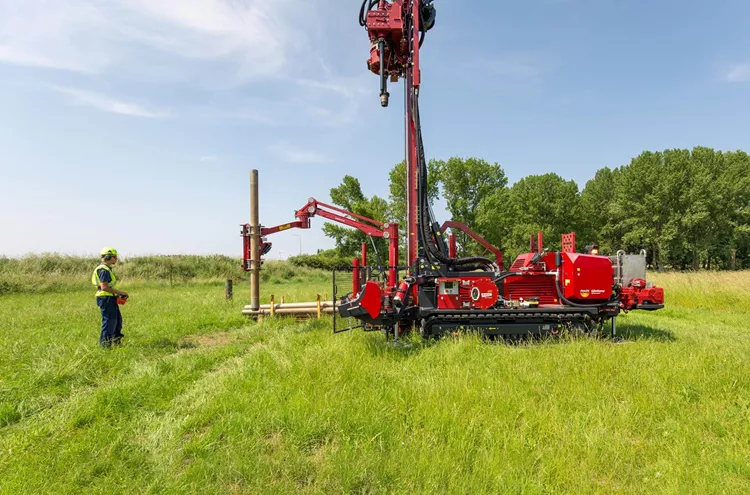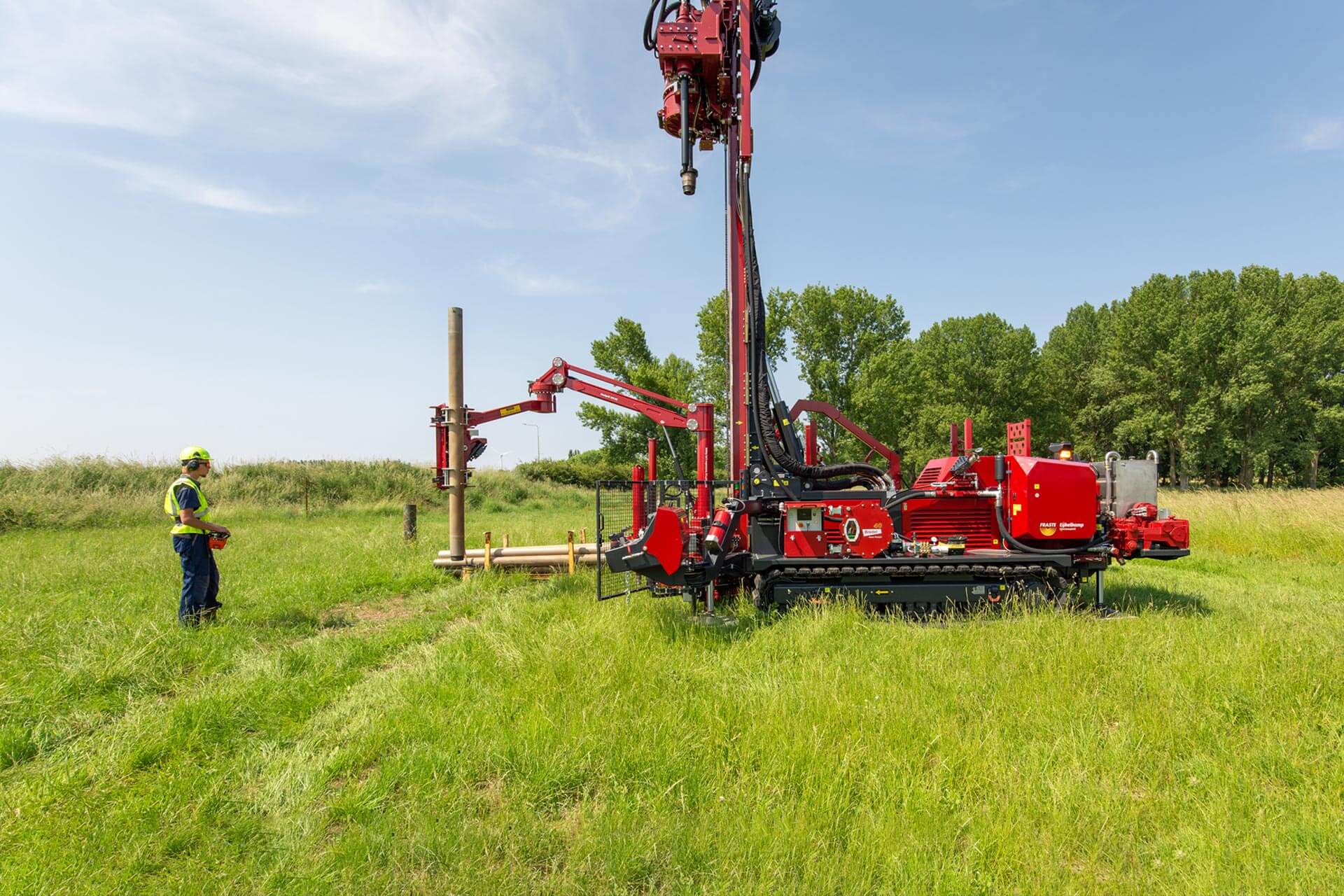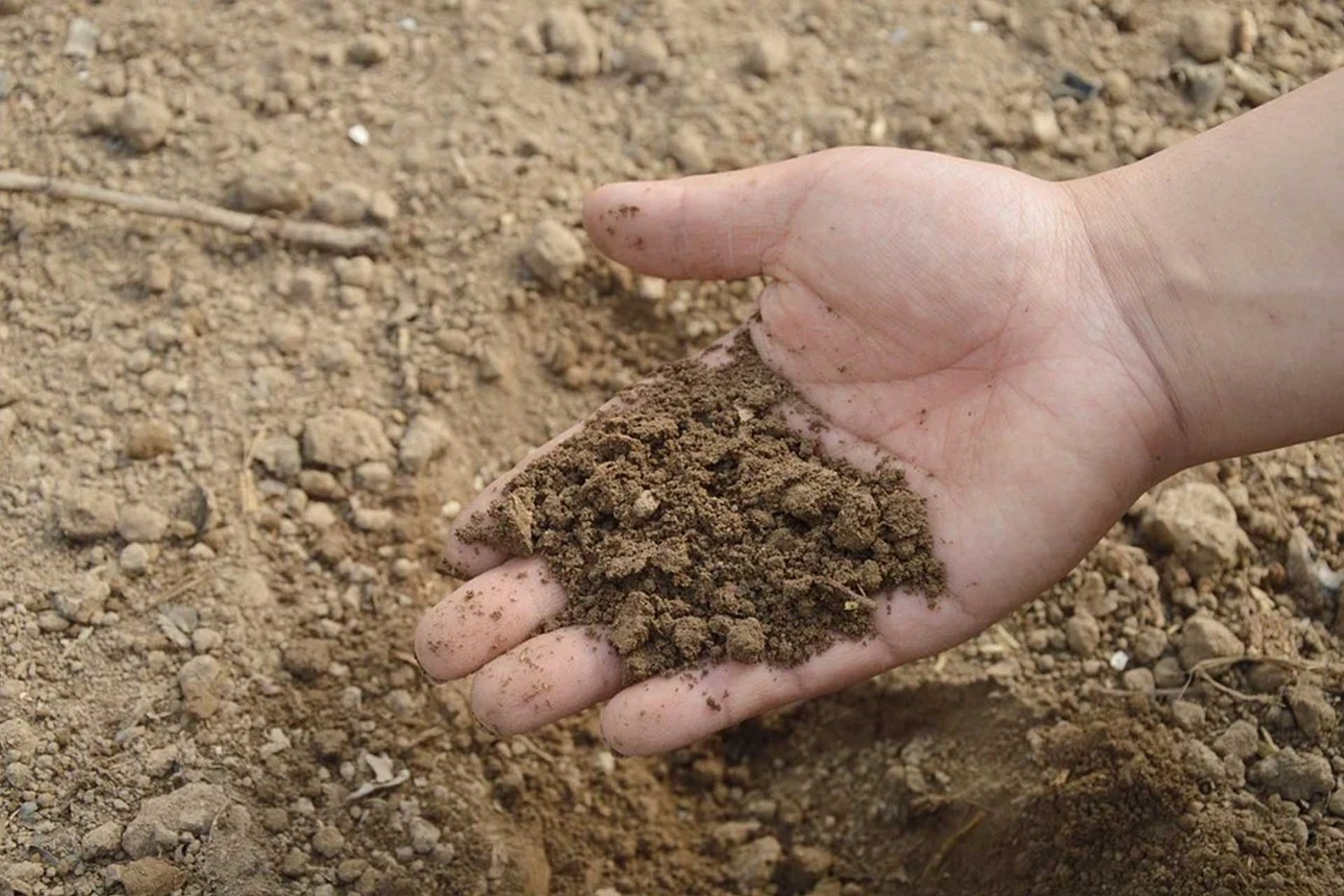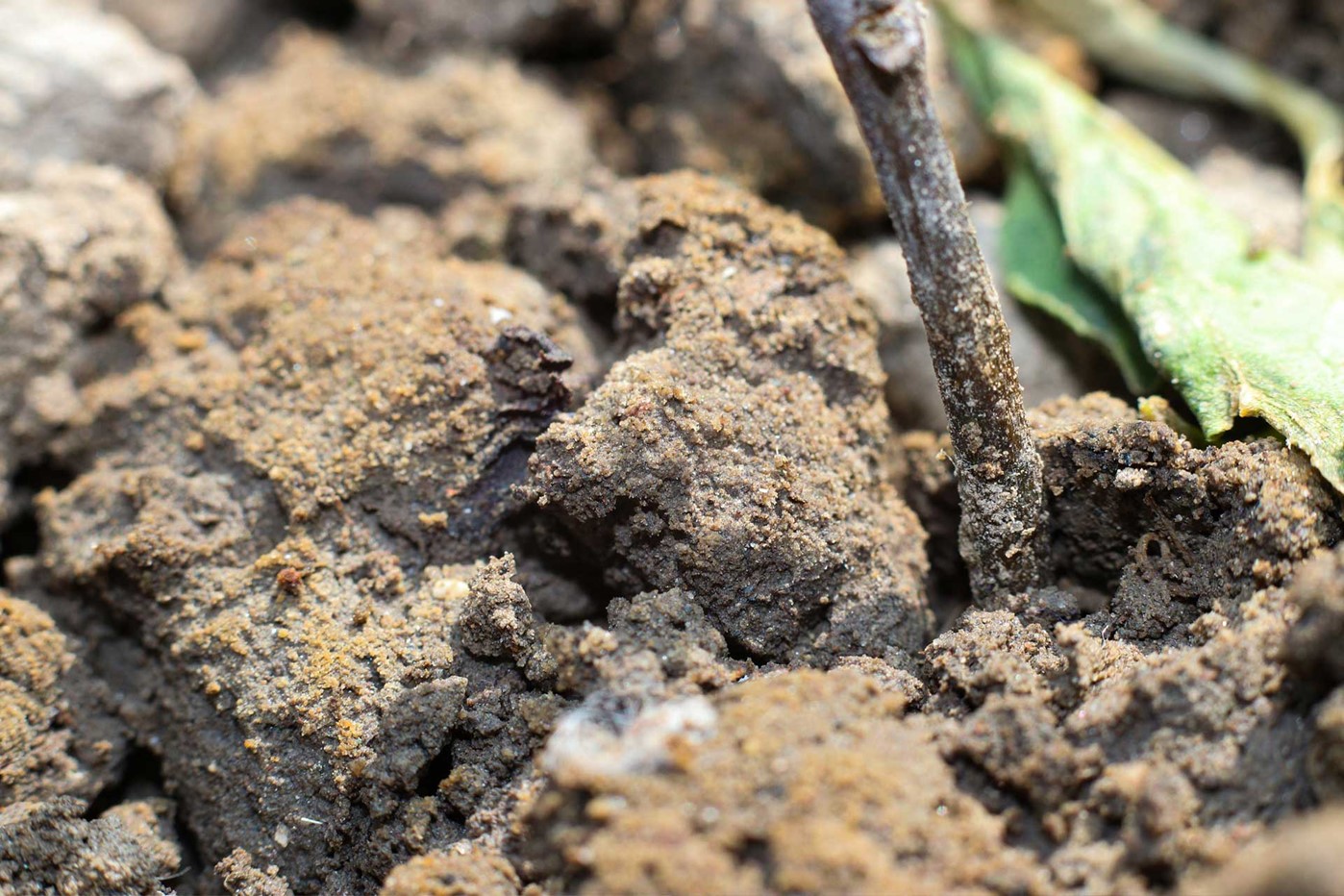

Intensive soil use affects many soil properties that are important for all living organisms on Earth. Our soils grow the crops that feed humans and animals. In addition, it is a large reservoir for water and the foundation on which we build. Knowledge of soil, and the processes that take place in it, are essential for decisions about land use and possible soil improvement.
Read more
Sustainable soil management requires good research and knowledge of the soil. Measurement data is collected by taking samples for analysis, direct measurements in the field, or long-term on-site monitoring. This makes it possible to make the right decisions about the use of the soil, but also to assess whether soil contamination is serious or whether groundwater extraction can lead to damage.
Depending on the intended use of the surveyed area, different qualities of the soil can be investigated. The information requirement is different for a building site than for agricultural land, as is the method of research.
With measurements directly in the field you can gain insight into, for example, the penetration resistance and bearing capacity of the soil, which is useful for agricultural plots and construction sites. In addition, you can research the erosion sensitivity, make a quick estimate of the grain size distribution or take (undisturbed) samples for further research in the laboratory. With advanced equipment you can conduct more extensive research there into, for example, soil moisture contents in relation to suction pressure, permeability, pore content or carbonate content.


Soil is Royal Eijkelkamp's largest area of expertise and we supply a wide range of products for soil sampling, the analysis of various soil properties, measuring soil behavior and investigating its composition. From the largest sonic drill to the smallest field measuring device, you can rely on years of experience with and attention for sustainable use of the soil.